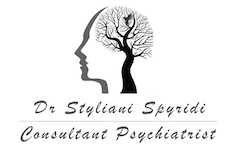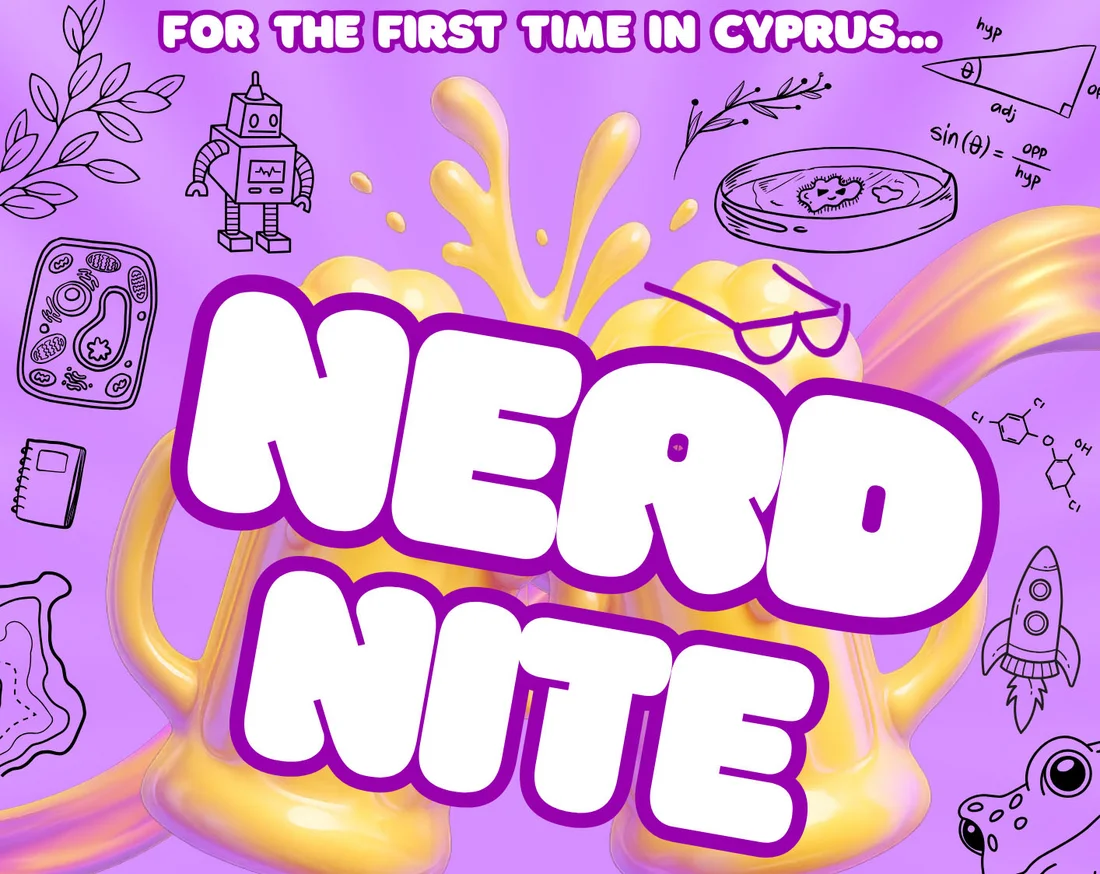By Dr. Styliani Spyridi, Consultant Psychiatrist On July 17, 2025, the World Health Organization (WHO)…

Digital Addiction & the High-Performance Brain: Your Easter Reset
Published by Psychiatry-Cy | Limassol, Cyprus Specialist Psychiatry & Mental Optimization.
Why Easter Is the Perfect Time to Reset Your Brain
For high-performing professionals — entrepreneurs, executives, and creators — the brain is your most valuable asset. But in today’s hyper-connected world, screens are quietly draining that asset. Constant digital stimulation erodes focus, dampens emotional resilience, and disrupts the neurochemical balance that fuels innovation and performance.
Easter break offers a unique opportunity: a natural pause to detox from digital overload and restore your brain’s clarity. In this article, we explore the neuroscience behind screen addiction, its impact on the executive brain, and evidence-based strategies to reboot your mental systems — backed by neuroscience and psychological research.
How Screens Hijack Your Brain: The Neuroscience Behind Digital Addiction
At the heart of digital addiction is your brain’s dopaminergic reward system, specifically the mesolimbic pathway (ventral tegmental area to nucleus accumbens). Every notification, scroll, or “like” triggers a release of dopamine — the neurotransmitter responsible for reward and motivation.
But with repeated exposure, the brain begins to develop a tolerance: it requires more frequent stimulation for the same “hit.” Over time, this weakens the prefrontal cortex, the region responsible for self-regulation, decision-making, and sustained focus.
Clinical Insight: Behavioral addictions, including screen overuse, activate neural circuits similar to substance addiction. (Volkow et al., 2011; Montag et al., 2019)
Cognitive and Emotional Costs of Chronic Screen Use
Persistent exposure to screens leads to profound neurological shifts:
Dopamine receptor desensitization
Hypoactivation of the prefrontal cortex
Elevated cortisol levels due to overstimulation
Suppressed melatonin, disrupting sleep and circadian rhythms
These changes result in a foggy mind, reduced cognitive flexibility, and emotional dysregulation — a dangerous combination for anyone making high-stakes decisions.
Why the Brain Becomes Hooked: Behavioral Psychology Meets Tech Design
Screens are not neutral tools. They’re designed to exploit our evolutionary wiring.
Variable-ratio reinforcement (think: slot machines) keeps us hooked through unpredictable rewards
FOMO and social comparison intensify emotional dependency
Digital multitasking depletes working memory and reduces deep-focus capacity
The result? Fragmented attention and chronic low-grade stress — often misdiagnosed as burnout or anxiety.
The Easter Reset: A Neuroscientific Detox Plan
The good news? The brain is remarkably plastic. A short, intentional break from screens — even 72 hours — can begin to reverse many of these changes.
Use your Easter break to implement this mini digital detox:
Digital Sabbath: Disconnect fully for 24 hours to reset dopamine sensitivity
Nature immersion: Morning light and movement realign your circadian rhythm and serotonin cycles
Breathwork + cold exposure: Trigger dopamine release and activate prefrontal circuits
Meaningful connection: In-person interactions increase oxytocin, reducing screen craving
These strategies are backed by clinical neuroscience and can rapidly improve attention, mood, and sleep.
Lifestyle Hacks to Sustain Brain Health Beyond the Holiday
Sustainable focus requires structural change. Here are five neuro-aligned habits to carry forward:
Delay screen time in the morning: Let your brain wake up naturally
Create tech-free zones: Bedrooms and meals should be screen-free
Use digital boundaries tools: Apps like OneSec or Freedom help retrain compulsive use
Prioritize one deep work task daily: Strengthens prefrontal control circuits
Engage the body to reset the mind: Cold therapy, breathwork, or mindful walks improve BDNF and emotional regulation
Remember: Your daily habits are shaping your brain — structure them with care.
The High Performer’s Brain Deserves Rest
Digital overload is not a weakness. It’s a predictable neurobiological response to environments engineered for distraction.
For creative brains, busy minds, ambitious professionals, an Easter reset isn’t a luxury — it’s a biological necessity to maintain mental clarity, decision-making power, and emotional resilience.
Let your time off be intentional. Let your brain recover. And return to your mission with focus, depth, and renewed energy.
Book a consultation or learn more about our services.



